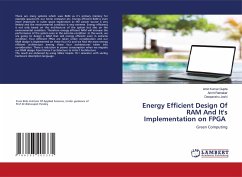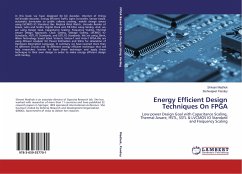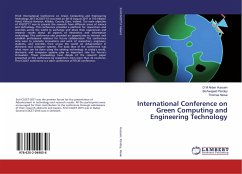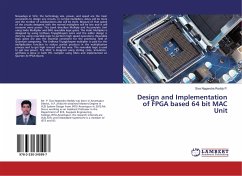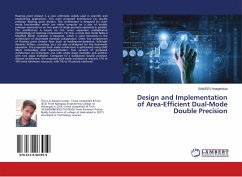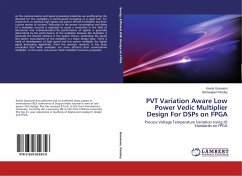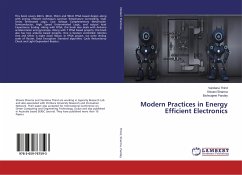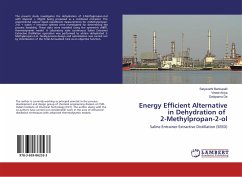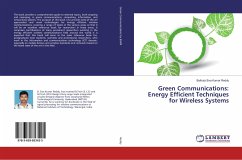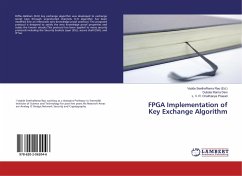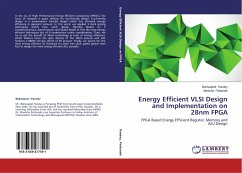
Energy Efficient VLSI Design and Implementation on 28nm FPGA
FPGA Based Energy Efficient Register, Memory and ALU Design
Versandkostenfrei!
Versandfertig in 6-10 Tagen
47,99 €
inkl. MwSt.

PAYBACK Punkte
24 °P sammeln!
In the era of High Performance Energy Efficient Computing (HPEEC), the focus of research is again shifting for Eco-friendly design. Eco-Friendly design is a environment friendly design which has achieved energy efficiency in signicant amount. In this work, we applied 3 clock gating techniques (Latch Free, Latch Based, Flip-Flop Based) on 3 ALU(Synchronous, Asynchronous and Global Reset) to find the most energy efficient techniques out of 6 combination under consideration. Then, we try to get the benefit of 28nm technology in term of energy efficiency, which delivers twice the gate density of t...
In the era of High Performance Energy Efficient Computing (HPEEC), the focus of research is again shifting for Eco-friendly design. Eco-Friendly design is a environment friendly design which has achieved energy efficiency in signicant amount. In this work, we applied 3 clock gating techniques (Latch Free, Latch Based, Flip-Flop Based) on 3 ALU(Synchronous, Asynchronous and Global Reset) to find the most energy efficient techniques out of 6 combination under consideration. Then, we try to get the benefit of 28nm technology in term of energy efficiency, which delivers twice the gate density of the 40nm process and also features a BRAM cell size shrink of 50 percent. Finally, we search for the most energy efficient IO Standard for latch free clock gated global reset ALU to design the most energy efficient ALU possible.



